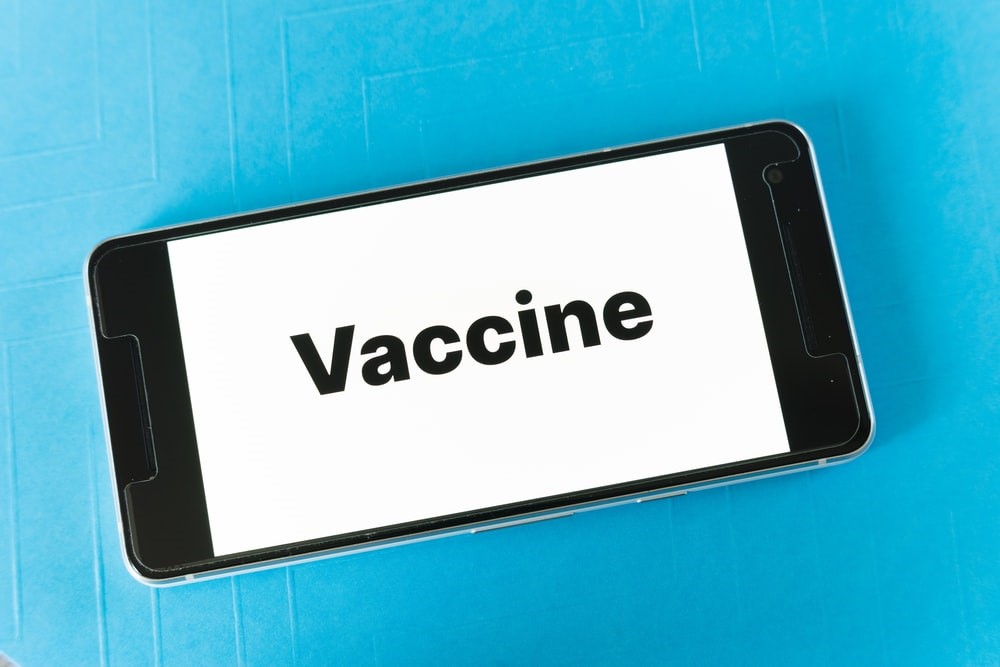|
In the early nineties I worked for Zeneca, a pharmaceuticals and plant protection company. At the time it took 10-12 years for a drug or vaccine to go from lab to market. I recall heated conversations on how to shorten this time when we could. Until yesterday, it still took 10-12 years to get a vaccine to market. Until yesterday that is, when an entirely new type of COVID-19 vaccine was registered in the UK less than 10 ½ months after the genetic code of the coronavirus was discovered. About 40-50 COVID vaccines are on trial. Two have been registered for use in Russia and at least two from China are in widespread use, but these have not completed the stage 3 large-scale trials normally required for registration. At this point in time, the western scientific community knows more about the vaccines which have completed the large-scale trials - from BioNTech/PFIZER, MODERNA and AstraZeneca. Vaccines are at different stages of development. They come from different countries, with different modes of action, different storage temperatures, and will likely have different degrees of efficacy. They come from big pharma and from stellar biotech start-ups as well as from state organizations and universities. There are many public-private collaborations to make fast-track possible. COVID-19 is having a horrifying impact on the world. As I write, WHO has recorded nearly 64 million cases and nearly 1,5 million deaths confirmed, real figures are likely to be higher. It has devastated lives and livelihoods, businesses and economies. It has flared up political rivalries and has given rise to a torrent of pseudoscience. An anti-government demonstration in Cyprus recently was hosted by extreme right-wingers, anti-mask protesters, anti-vaxxers and cranks with a 5G phobia. The vaccines may indeed have long-term effects that we do not yet know, though the scientific community can explain why certain adverse effects are extremely unlikely. On balance, it’s a good risk for most people and, who knows, if enough people take it, COVID-19 might even become history. We are not there yet. Now come the challenges of buying and selling, distribution and storage and, crucially, managing supply and demand. The markets will not by themselves ensure that most needy people get the shot first, or that people in poor countries get it at all. These problems are surely easier to deal with than lockdowns and overcrowded health facilities. No innovation is more urgent and valuable today and it was only possible with full co-operation of states and regulating bodies and private organizations This is why my prize for the finest innovations of 2020 goes to all those creators of the vaccines which are registered for use by the end of the year. One year instead of ten years. I bow to you and thank you all, finest Innovators of the Year 2020!
0 Comments
Leave a Reply. |
LATEST POSTS
Archives
July 2021
|


